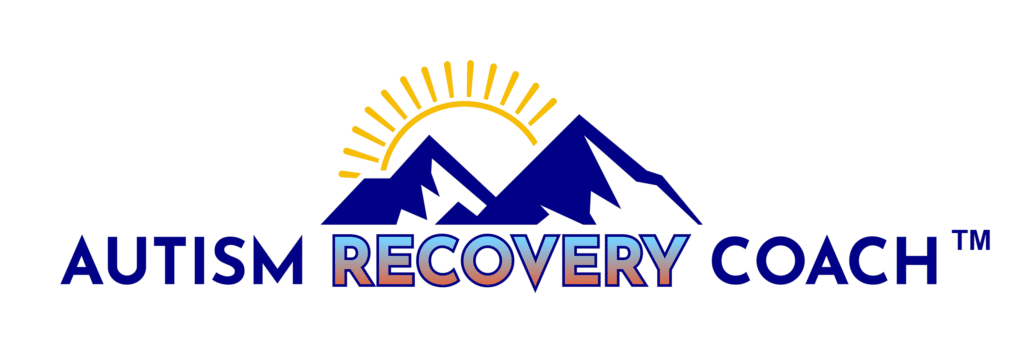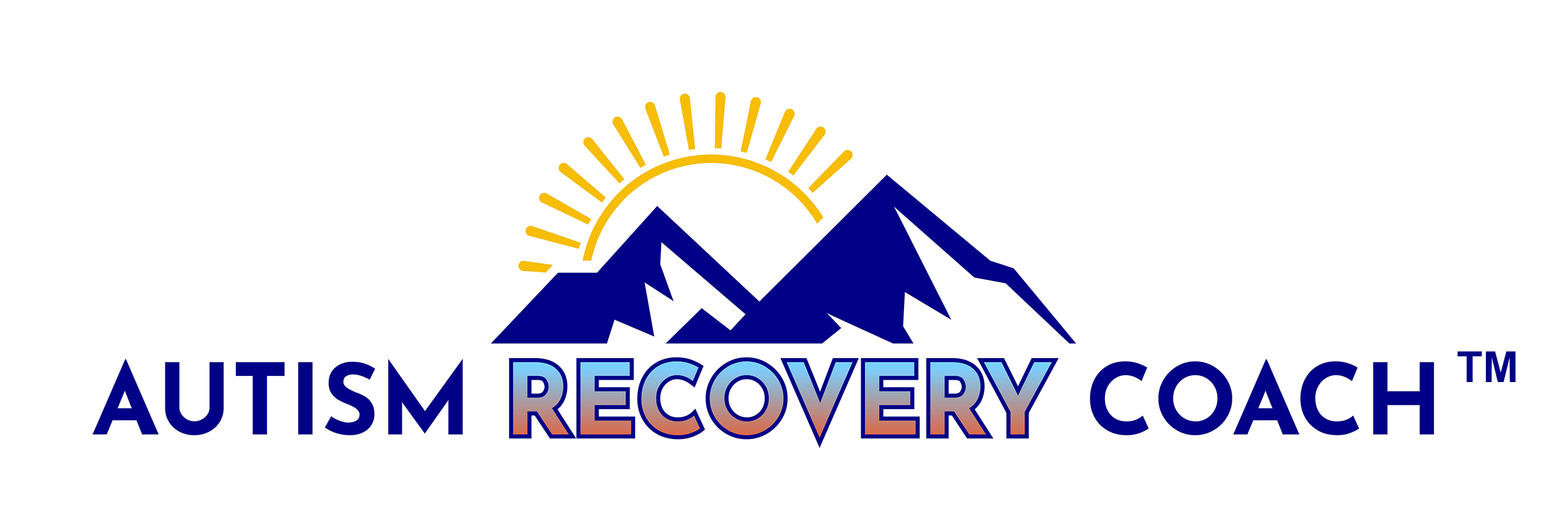Navigating social interactions with autism can be an extremely challenging task for many individuals. However, there are numerous practical strategies that can empower individuals with autism to develop social skills and cultivate meaningful connections. Here are some autism recovery strategies for social interaction:
Understanding Social Cues
Recognizing and understanding nonverbal cues is a fundamental aspect of social interaction. Learning to interpret facial expressions, body language, and tone of voice can help individuals with autism grasp the emotions and intentions behind these cues, enhancing their ability to respond appropriately.
Practicing Conversational Skills
Engaging in conversations requires a back-and-forth exchange of thoughts and ideas. Teaching the art of conversation, including turn-taking, active listening, and staying on topic, provides the foundation for meaningful communication with others.
Role-Playing Scenarios
Role-playing is an effective method to simulate real-life social situations. By practicing scenarios like introducing oneself, asking for help, or participating in group activities, individuals with autism can gain confidence and familiarity with various social interactions.
Managing Anxiety
Social anxiety can be a significant barrier for individuals with autism. Learning relaxation techniques, deep breathing, and mindfulness exercises can help manage anxiety in social settings, enabling a more comfortable and confident approach to interactions.
Engaging in Shared Interests
Common interests provide a natural platform for connecting with others. Encouraging individuals with autism to participate in group activities, clubs, or online forums related to their passions allows them to connect with like-minded individuals, facilitating social bonds.
Using Visual Supports
Visual supports, such as social stories, visual schedules, and cue cards, offer a tangible reference to navigate social situations. These tools provide structure, predictability, and a sense of control, easing anxiety and promoting successful interactions.
Integrating Biomedical Treatments
Integrating biomedical treatments into strategies for people with autism amplifies their progress by addressing physiological factors alongside behavioral challenges. These treatments work synergistically with exercises, expediting the development of neuronal pathways crucial for social growth. Biomedical interventions contribute to improved cognitive function, reduced anxiety, and enhanced communication skills, pivotal for successful social interactions.
Setting Realistic Goals
Breaking down the process of building social skills into achievable goals is essential. Whether it’s initiating a conversation, making eye contact, or joining a group, setting and celebrating these milestones boosts confidence and motivation.

Get instant autism support
Fostering social skills and connections for individuals with autism is a journey of growth and self-discovery. By implementing these strategies, individuals with autism can navigate social interactions with greater ease and confidence, enriching their lives with meaningful relationships.
Empower yourself or your loved one with autism to build strong social connections. Connect with Christopher Soppet and Autism Recovery Coach for personalized guidance and support! He provides autism recovery resources for special education, autism recovery tools for visual support, and other autism treatments online.
Contact him today to learn more about autism behavior therapy online.



